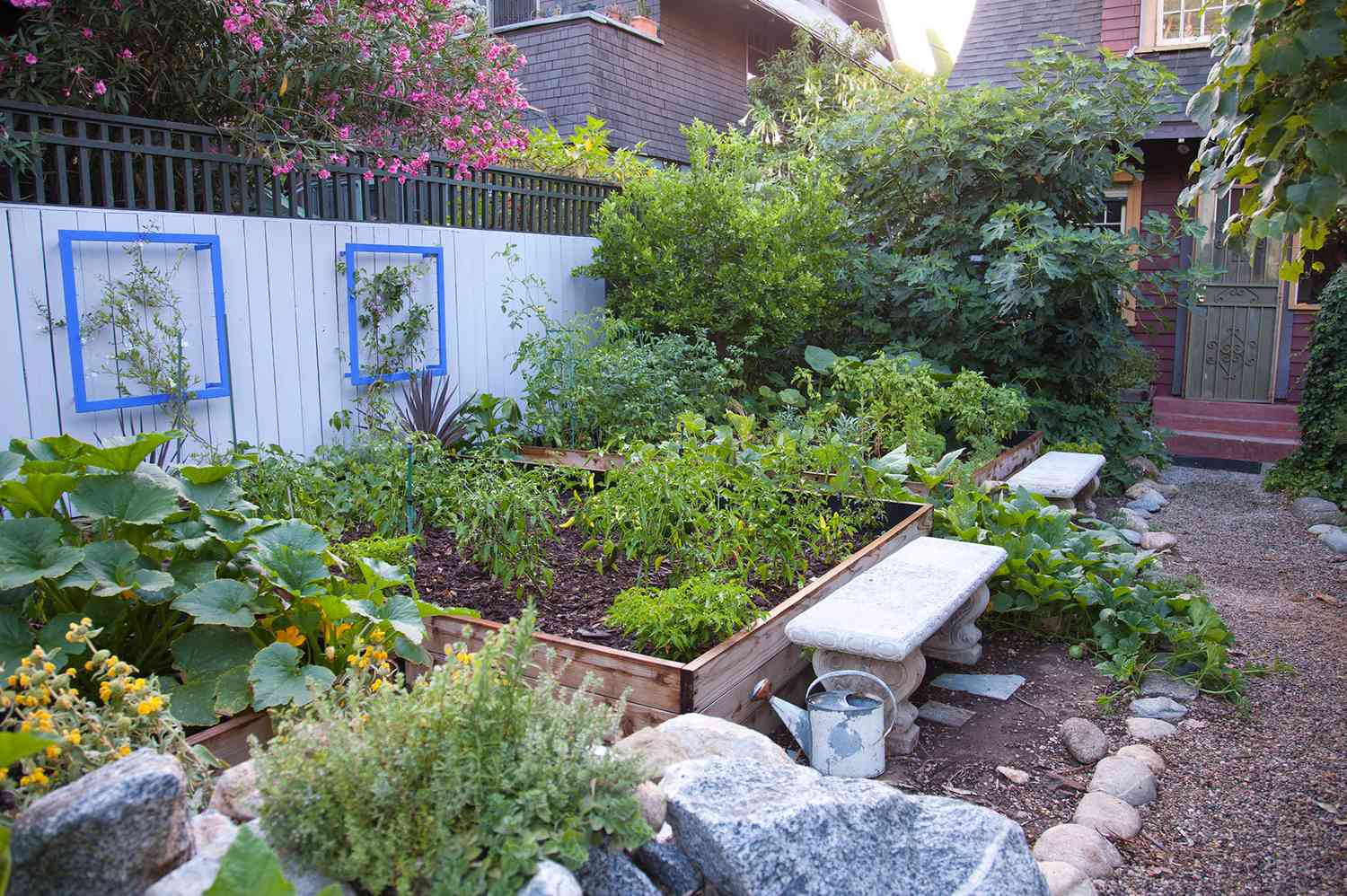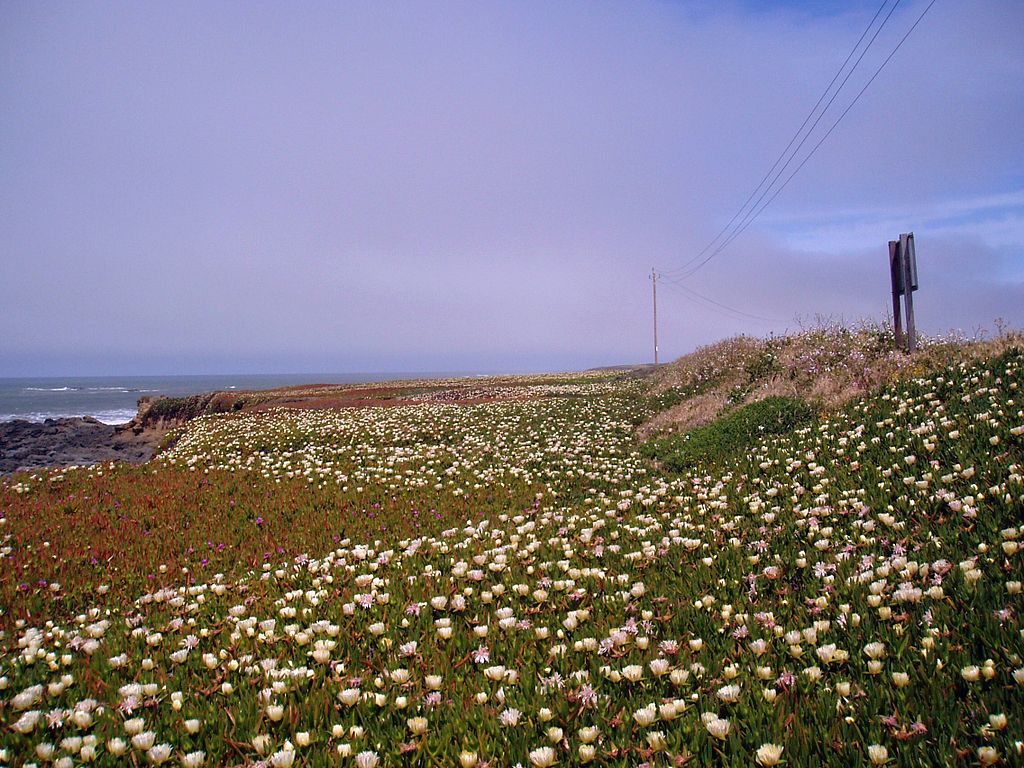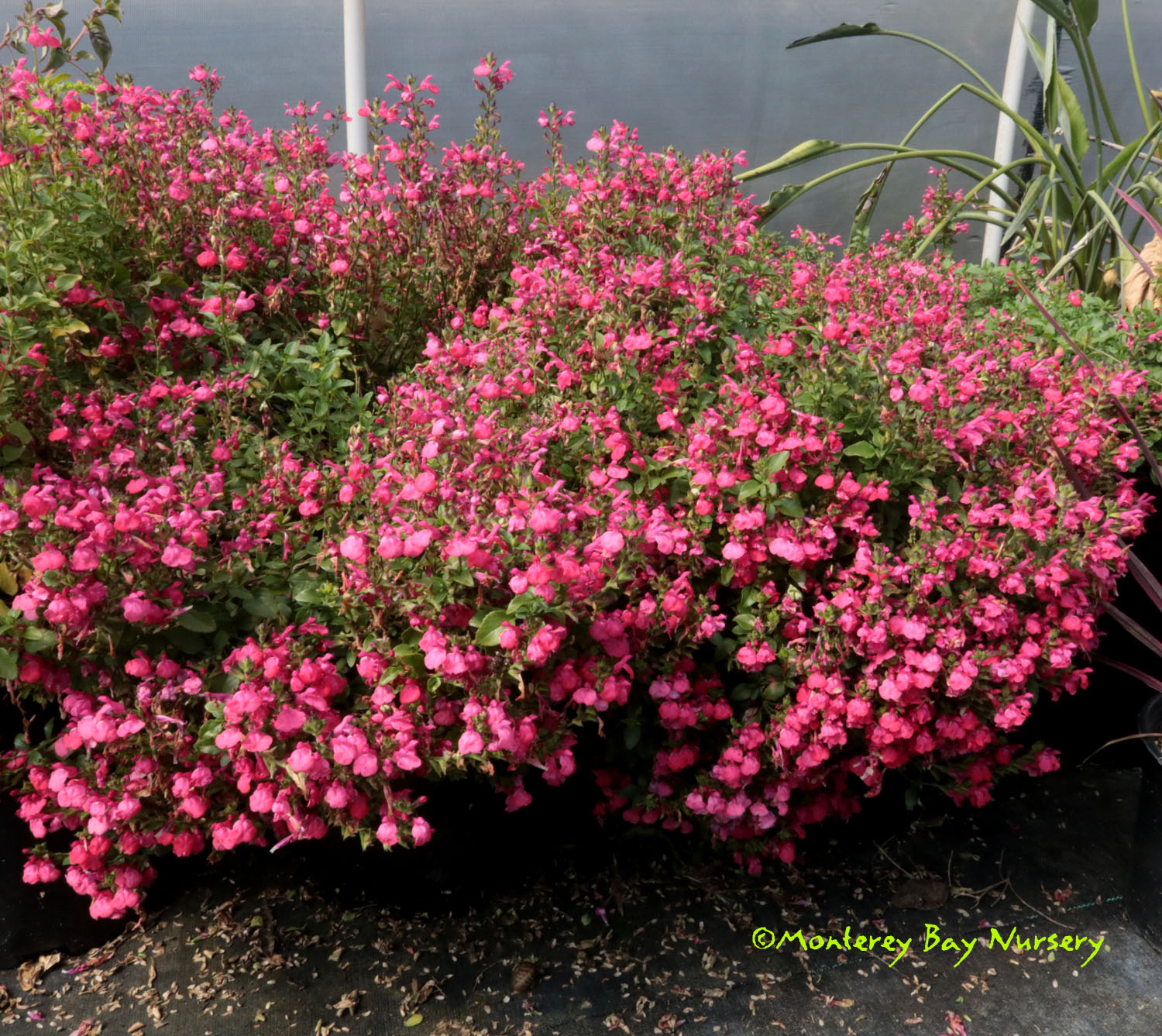A range of annual and biennial plants can be used successfully on green roofs and tend to fall into two distinct groups.
Lightweight plants for flat roofs in dry colorado climates.
Certain grasses sage and plants of the composite family like asters daisies zinnia black eyed susan or chamomile and marigolds are possible.
These will include flytraps many forms of the sarracenia pitcher plant and sundews from the southern regions of the united states.
Hot dry climate you will need to be careful of the plants you select but overall many forms of cold hardy carnivorous plants will grow well for you.
Quick growing annuals and ephemerals particularly those originating from dry and arid climates can be spectacular additions to display plantings but will need irrigation to be sustained for longer periods.
Try dry habitat perennials and ornamental grasses such as rudbeckia achillea potentilla armeria dianthus helictotrichon sempervirens stipa tenuissima and even bulbs such as muscari or small allium species such as allium flavum and a.
Plants also improve air quality by releasing oxygen.
If you have a shady terrace facing north look for varieties of ferns and other shade loving plants like english ivy impatiens and balsams.
A growth substrate of laterlite agri expanded clay mixed with other components peat compost etc offers many advantages.
For a green roof to function correctly selecting the correct substrate is fundamentally important for minimising the load on the structure of the building and for ensuring the long term health of the plants.
Professionals install a waterproof membrane over the roof surface so that water does not affect the structure of your house.
It is hardy in zones 4 8 and reaches just 10 inches tall.
Most modern roofing materials and codes require a positive slope that will dry out within 72 hours thus even a flat roof needs some slope nowadays.
Installation of plants on the top of roofs is an effective solution to overcome this problem.
It improves the chemical and physical characteristics of the.
Carex nigra is technically considered a sedge and is often used on living roofs because its roots require less soil than most other grasses or grass like plants.
Although it s not a native colorado plant it prefers a dry climate so it s good for xeriscaping.
You won t need to water established russian sage too much as it likes dry soil but water moderately when plants are young or transplanted.
Flat roofs are an ancient form mostly used in arid climates in some places allowing the roof space to be used as a living space.
Russian sage prefers well drained soil and a lot of sunshine.









